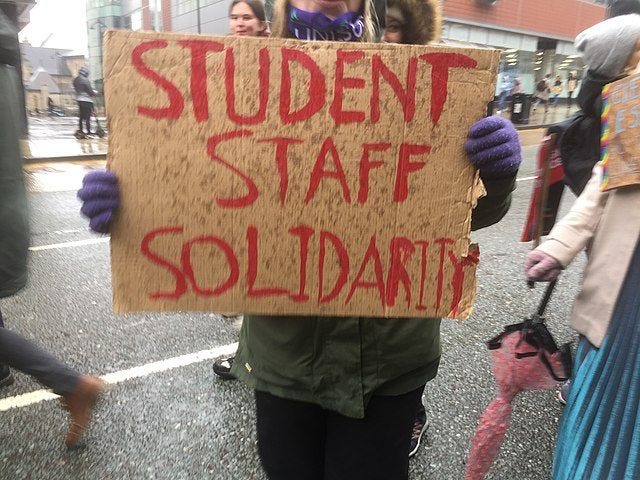Notes on Striking with My Union

This post is a departure from thinking about foreign policy, but it is about power politics. The bottom line is I’m going on strike. I’m a member of the Tertiary Education Union—which represents staff at universities across New Zealand. 95% of members voted to strike, which is a remarkable level of unity. So now it’s happening.
I don’t know how much I ca…

